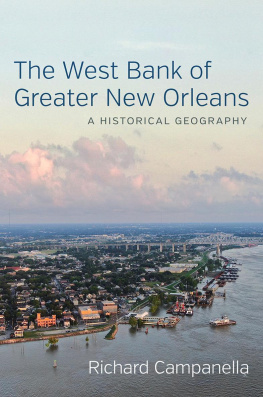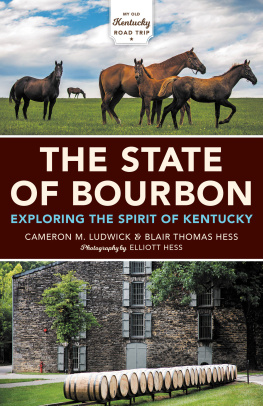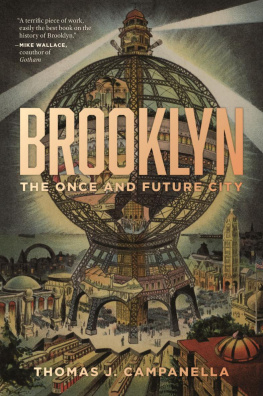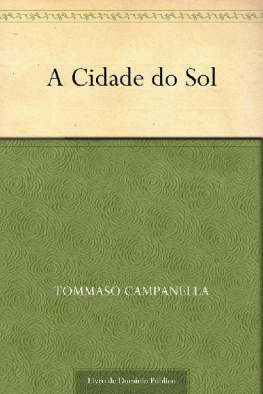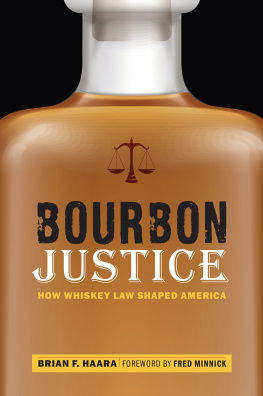Publication of this book is made possible in part by support from the Zemurray Foundation.
Published by Louisiana State University Press
Copyright 2014 by Louisiana State University Press
All rights reserved
Manufactured in the United States of America
FIRST PRINTING
DESIGNER: Mandy McDonald Scallan
TYPEFACE: Whitman
PRINTER AND BINDER: Maple Press, Inc.
All maps and graphs were created by the author.
Library of Congress Cataloging-in-Publication Data
Campanella, Richard.
Bourbon Street : a history / Richard Campanella.
pages cm
Includes bibliographical references and index.
ISBN 978-0-8071-5505-9 (cloth : alkaline paper) ISBN 978-0-8071-5506-6 (pdf) ISBN 978-0-8071-5507-3 (epub) ISBN 978-0-8071-5508-0 (mobi) 1. Bourbon Street (New Orleans, La.) History. 2. New Orleans (La.) History. 3. New Orleans (La.) Social life and customs. 4. New Orleans (La.) Social conditions. I. Title.
F379.N575B682 2014
976.3'35dc23
2013030627
The paper in this book meets the guidelines for permanence and durability of the Committee on Production Guidelines for Book Longevity of the Council on Library Resources.

PREFACE
Hundreds of millions. Thats how many people, over the past two generations, have crammed themselves into a minor and rather middling artery in a secondary city on Americas Third Coast. They made it into one of the most famous streets in the nation, a brand that has diffused worldwide both nominally and phenomenologically, a metaphor in the English language, and the greatest sustained homegrown economic success of its host city. People by the thousands beeline for this narrow space, and parade up and down it nightly, because a rather curt and crusty cohort of shrewd locals figured out what pleasured them and delivered it with panache, while battling constantly police, patricians, preservationists, and pontificators. The street is named Bourbon, the city is New Orleans, and the story is fundamentally American.
Bourbon Street emerged from an inward shift in the urban geography of sin in the late nineteenth century. It gained momentum with the rise of leisure tourism in the early twentieth century, and catapulted into national fame during World War II. It has hummed ever since, round the clock, 365 days a yearall without the benefit of a corporate structure, a team of experts, a board of directors, or a marketing branch. Formed inadvertently by working-class characters toiling individually but prospering collectively through the clever use of space and the adaptive commodification of culture, Bourbon Street today is at once the biggest disorganized street in the whole country, as Earl Bernhardt has stated, and a well-honed economic engine that employs thousands, pumps millions of outside dollars into the citys economy, and single-handedly generates imagery and reputation about an entire metropolis.
For some, that Bourbon Street image is a delectable mlange of historicity and hedonism; for others its iniquitous, crass, phony, and offensive. No one is lukewarm about Bourbon Street; people either love it or loathe it. Bourbon Street is also a treasure trove of American history, a living museum of Enlightenment-era urban planning and Creole architecture, and a fascinating and complex social phenomenon. It is as old as the city itself, and has been famous for longer than the French and Spanish colonial eras combinedindeed for nearly one-third of New Orleanss entire existence.
And yet Bourbon Street has been almost completely ignored by scholars. Not a single book has been written about its history, much less an in-depth scholarly investigation. Only a handful of academic articles, a few planning documents, a smattering of popular pieces, and one local television documentary have been devoted to the subject. New Orleans, meanwhile, has become a hot topic worldwide; books, anthologies, dissertations, theses, articles, and films about the city have been released by the hundreds just since Hurricane Katrina. Yet the citys most famous, most infamous, and most visited spot remains unexamined.
The oversight is not an accident; its an acerbic snub and a contemptuous dismissal. The most that serious researchers usually allot to Bourbon Street is a patronizing reminder to their audience that it does not represent authentic New Orleans, and that such amateurish delusions must be set aside before the forthcoming cultural enlightenment may commence. Even professional tourism marketers unctuously suggest that visitors venture beyond Bourbon Street to experience the real New Orleans. Most locals, particularly the cultural clerisy, wholeheartedly agree with this sentiment and hate Bourbon Street as an odious affront to their city. Educated newcomers and sophisticated visitors figure out quickly that declaring disdain for Bourbon Street is the first step toward showcasing their taste and gaining insider status, and they do so with the zeal of a convert. That millions of plebian rubes absolutely love Bourbon cinches the argument that anyone with even a hint of respectability and intellect must eschew The Street.
I myself marched obediently to this beat as I began studying the historical geography of New Orleans nearly twenty years ago. The deeper I delved into the subject, the more I succumbed to the social pressure to think of Bourbon Street as an ersatz and degrading freak show best viewed as cultural negative space. I avoided it in my perambulations, glibly denounced its inauthenticity (as if I were the arbiter of reality), and discouraged newcomers from going there. A voice inside winced at my arrogance, particularly since I had long been curious about Bourbon Streets origins and inner workings.
What changed my interpretation was Hurricane Katrina. I bore witness to the storm and ensuing deluge, and after fleeing on the fifth day of the multiact apocalypse, joined millions of others in watching newscasts of a metropolis I loved drowning in its own filth. It was gut-wrenching.
But amid all the televised tragedy, one sign of life came across the airwaves. It came from Bourbon Street. A bar had remained open and became a community locus. A few buskers gathered nearby and played music. Sweaty neighbors joined them, mustered up some pluck, and managed wistful and defiant smiles for the world to see. Soon, nearby bars and clubs reopened, offering respite to exhausted responders trying to resuscitate a city. In ensuing weeks, Bourbon Street became the liveliest and happiest place in a city of death and misery. It provided an invaluable counterpoint to viewers tuning in worldwide expecting to see a municipal funeral. It was the first place in the city to return to work, turn up the music, put on a party face, pump cash into employees pockets, and send revenue to city coffers. In my mind, Bourbon Street had redeemed itself by keeping the human heart beating in this fragile, ancient experiment called New Orleans. Yet Bourbon did not seek redemption, awaited no accolades, and hardly recognized that it had done something important. It just wanted to get back to being successfuland I couldnt think of a better model for the city to emulate.


 BATON ROUGE
BATON ROUGE

